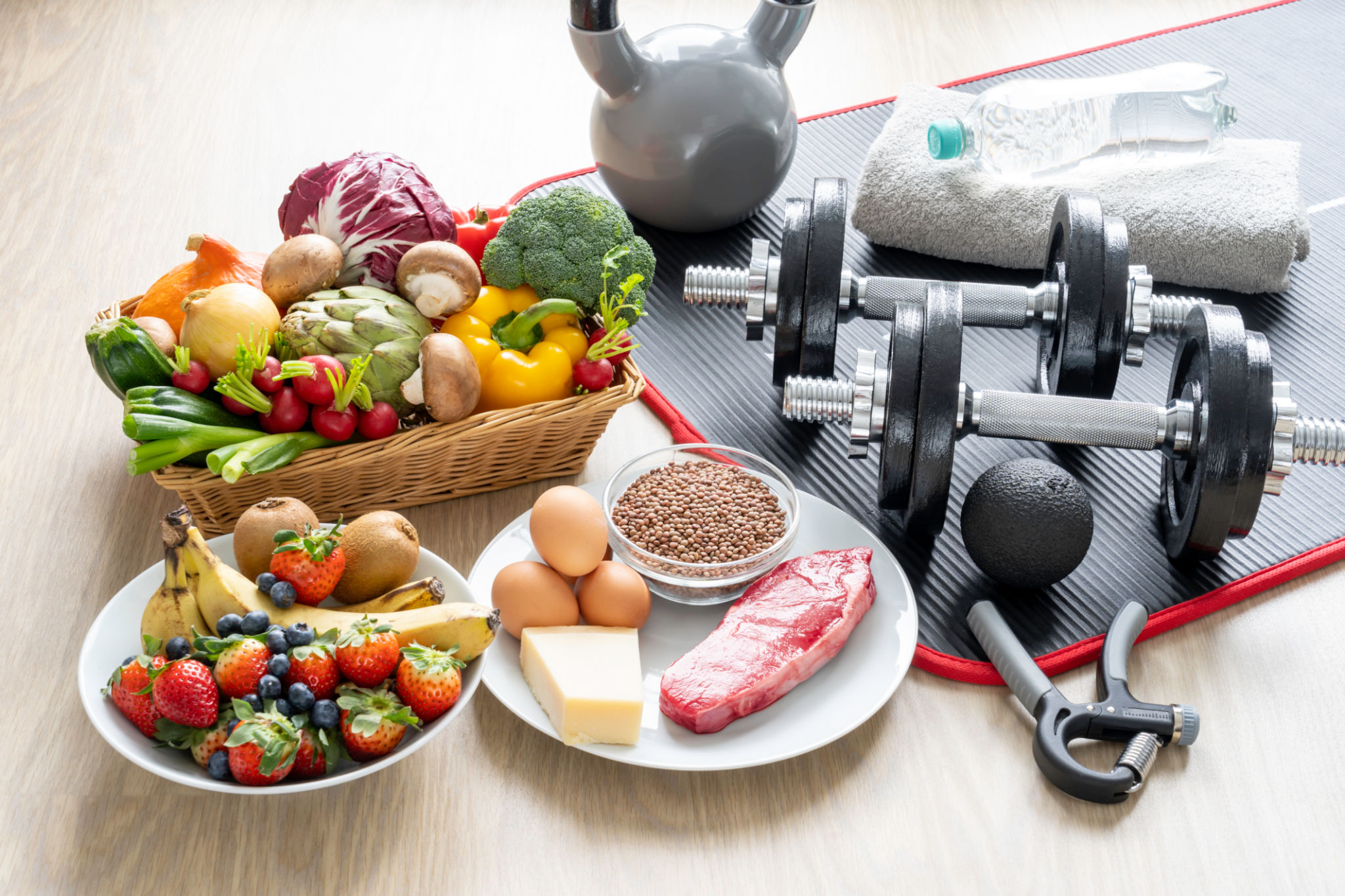The Role of Nutrition in Enhancing Sports Training Results
The Importance of Nutrition in Sports Performance
Nutrition plays a pivotal role in enhancing sports training results. It serves as the foundation for athletic performance, influencing energy levels, recovery, and overall health. For athletes, understanding the connection between diet and performance is crucial to achieving their goals.
Proper nutrition ensures that athletes have the energy needed to perform at their best during training and competitions. It also aids in muscle recovery and repair, helping to reduce the risk of injuries and improve endurance.

Macronutrients: Fuel for Performance
The three main macronutrients—carbohydrates, proteins, and fats—are essential for athletes. Carbohydrates provide the primary source of energy for high-intensity activities. Athletes should focus on consuming complex carbohydrates like whole grains, fruits, and vegetables to maintain energy levels throughout their training sessions.
Proteins are vital for muscle repair and growth. A diet rich in lean protein sources such as chicken, fish, tofu, and legumes can help athletes recover faster and build stronger muscles. Fats, although often overlooked, are important for long-lasting energy and hormone regulation. Healthy fats such as those found in nuts, seeds, and avocados should be included in an athlete's diet.

Micronutrients: The Unsung Heroes
While macronutrients are essential for energy and growth, micronutrients like vitamins and minerals play a supportive role in overall health and performance. Iron, calcium, and vitamin D are particularly important for athletes, supporting oxygen transport, bone health, and immune function.
Ensuring a diet rich in a variety of fruits and vegetables can help athletes get an adequate supply of these crucial micronutrients. Supplements may be necessary in some cases, but it's always best to consult with a nutritionist or healthcare provider before adding them to a diet.
Hydration: The Key to Endurance
Staying hydrated is fundamental for maintaining peak performance levels. Dehydration can lead to fatigue, decreased coordination, and impaired concentration. Athletes should aim to drink water regularly throughout the day and increase their intake during intense training sessions or competitions.

Electrolyte balance is also essential for optimal hydration. During prolonged exercise, sports drinks containing sodium, potassium, and other electrolytes can help maintain balance and prevent cramping.
Timing and Meal Planning
The timing of meals can significantly impact an athlete's performance. Consuming a balanced meal 3-4 hours before exercise provides the body with the necessary fuel. A small snack 30-60 minutes before training can help maintain energy levels.
Post-exercise nutrition is equally important. Consuming a mix of carbohydrates and protein within 30 minutes of completing a workout can enhance recovery and replenish glycogen stores. This practice is often referred to as the "anabolic window."

Personalized Nutrition Strategies
Every athlete is unique, and so are their nutritional needs. Factors such as age, gender, type of sport, training intensity, and personal health goals should all be considered when developing a nutrition plan.
A personalized approach ensures that athletes are getting the right balance of nutrients to support their specific performance objectives. Consulting with a sports nutritionist can be an invaluable step in creating an effective plan tailored to individual needs.
Conclusion: The Power of Nutrition in Sports
In conclusion, nutrition is a critical component of sports training that can significantly influence performance outcomes. By understanding the role of macronutrients, micronutrients, hydration, meal timing, and personalized strategies, athletes can optimize their diets to achieve better results and maintain long-term health.
Investing time in proper nutrition is an investment in an athlete's future success on and off the field. With the right dietary choices, athletes can unlock their full potential and excel in their chosen sports.